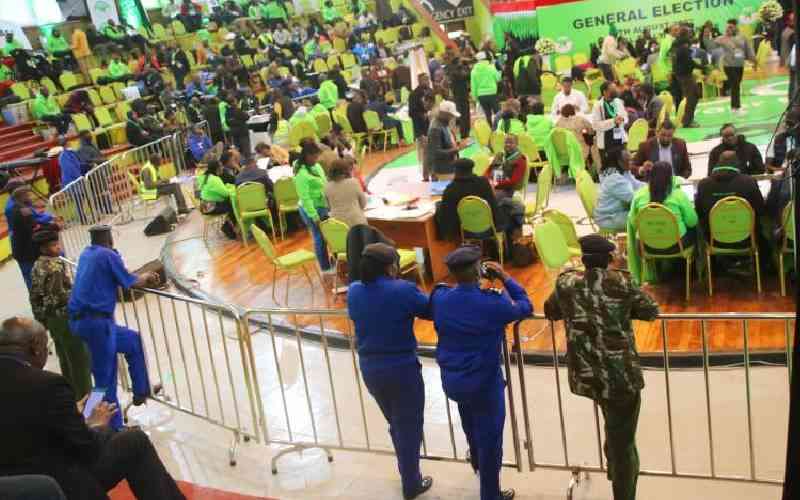
That the mass protests on Monday did not end up snaking into State House was a relief. We do not know what would have happened had they stormed the house on the hill.
On the one hand, that the protesters would have been in their thousands out there demonstrating against the high cost of living and what others see as a stolen election, had it not been for the police barricades across the city, tells of a country that has nurtured a culture of sweeping problems under the carpet. This is a culture of dishonesty that encourages short-term solutions to serious national issues.